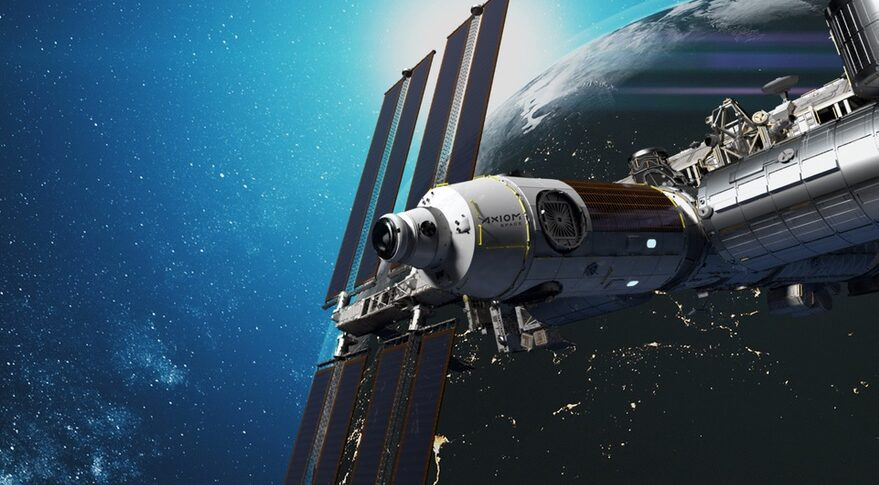Axiom Space raises $130M to advance its commercial space station plans
Axiom Space Inc., a Houston startup building a commercial space station, today said it has raised $130 million in fresh funding from a group of investors led by C5 Capital.
The Series B round reportedly values the startup at well over $1 billion.
Axiom Space launched in 2016 with the goal of deploying the world’s first privately funded commercial space station into orbit. Under the first phase of the undertaking, the startup will work with NASA to attach custom modules to the International Space Station. Those modules will expand the amount of usable space available to astronauts and, a few years after deployment, will detach and form the basis of Axiom’s planned commercial station.
Axiom received approval from NASA for the project last year. The first of the modules is set to launch as early as 2024 and could be ready to begin operating as a separate commercial station in late 2028, according to the startup.
In parallel, Axiom is planning the first fully private astronaut mission to the International Space Station. The startup has inked a deal with SpaceX Corp. to fly a crew of four private astronauts to the station using the latter company’s Crew Dragon spacecraft as soon as next January.
Axiom Chief Executive Michael Suffredini told SpaceNews today that the startup is looking to launch two missions per year through 2023 while it works on assembling its space station. Suffredini said Axiom intends to raise an additional $500 million to $1 billion in funding to support the initiative. The startup hopes to finance the rest of the project’s estimated $3 billion total cost with revenue from operations.
Axiom reportedly could raise additional funding again as early as this fall. The startup is said to be weighing whether to raise the capital via another funding round or by going public through a merger with a special-purpose acquisition company.
Thales Alenia Space, a French-Italian aerospace manufacturer with which Axiom has partnered, is already in the process of constructing key components of the startup’s space station modules. Axiom is buying a new test facility as part of the engineering effort and intends to double its current headcount of 110 employees to support its development roadmap.
In addition to lead investor C5 Capital, the startup’s new $130 million round included the participation of more than a half-dozen other backers. Among them were TQS Advisors, Declaration Partners, Moelis Dynasty Investments, Washington University in St. Louis, The Venture Collective, Aidenlair Capital, Hemisphere Ventures and Starbridge Venture Capital.
The burgeoning commercial space industry is drawing the interest of not only venture capitalists but also cloud giants eager to address the sector’s growing technology infrastructure requirements. Amazon Web Services Inc. and Microsoft Corp. in the past year have both formed new units focused on the space sector.

Comments
Post a Comment